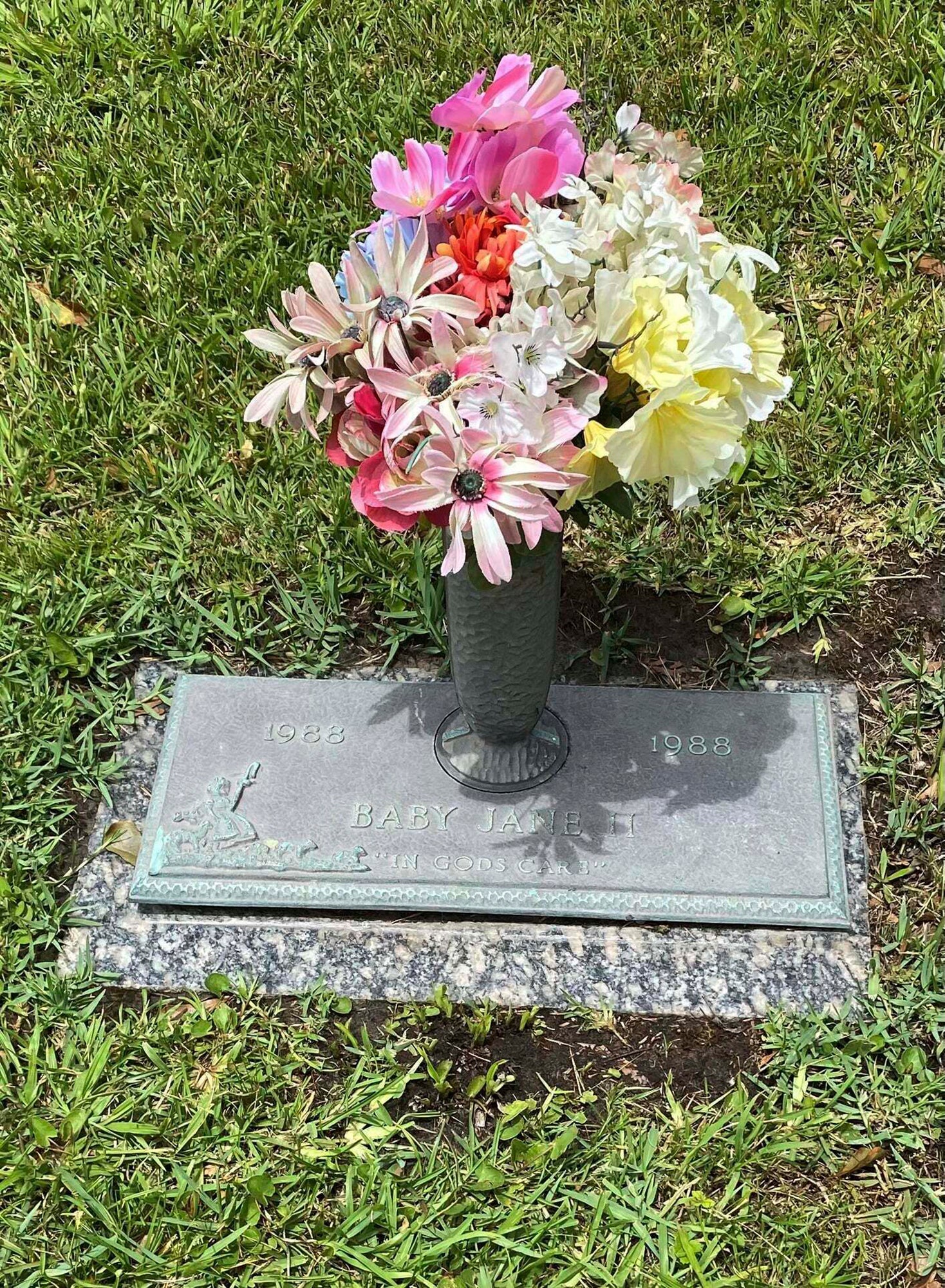'She wasn't a nobody': Infant exhumed 30 years after death
The body of an infant found in the Pascagoula River in Jackson County more than 30 years ago was exhumed this week

Your support helps us to tell the story
From reproductive rights to climate change to Big Tech, The Independent is on the ground when the story is developing. Whether it's investigating the financials of Elon Musk's pro-Trump PAC or producing our latest documentary, 'The A Word', which shines a light on the American women fighting for reproductive rights, we know how important it is to parse out the facts from the messaging.
At such a critical moment in US history, we need reporters on the ground. Your donation allows us to keep sending journalists to speak to both sides of the story.
The Independent is trusted by Americans across the entire political spectrum. And unlike many other quality news outlets, we choose not to lock Americans out of our reporting and analysis with paywalls. We believe quality journalism should be available to everyone, paid for by those who can afford it.
Your support makes all the difference.For decades, the two little grave markers sat side by side in a Mississippi Coast cemetery, identified only as Baby Jane and Baby Jane II.
The infants, both “Jane Does,” were found on different occasions, in 1982 and 1988, in Jackson County rivers and buried by community members, after investigators found no leads in either case.
Then late last year, investigators were able to identify Baby Jane through DNA testing almost 40 years after her death. This week, investigators exhumed Baby Jane II from her resting place in Jackson County Memorial Park in Pascagoula, with hopes of finding her true name.
Jackson County Sheriff Mike Ezell said in a news release that the remains of the infant have been sent to the Mississippi Crime Lab. Once her DNA is collected, investigators hope to use it to build a family tree.
Baby Jane II was found in the Pascagoula River on June 28, 1988, by two men fishing near the wildlife management area in Wade. The child was found tangled in a fishing line.
An autopsy showed that the baby, 3 to 5 weeks old at the time, had died by drowning.
The case has had a devastating impact on the community, even years later.
Gina Marshall was just a young girl at the time, living a couple of miles from where Baby Jane II was found. She remembers crossing the bridge over the Pascagoula River to get to summer school that day. Shortly after she arrived at school, the infant was found.
From that day on, Marshall said, she always had a sickening feeling when crossing the bridge or visiting the river with her family.
"This is something I have carried with me many years, and still to this day tear up over it,” she said. “I pray they can find her identity.”
What made the case more painful is that the baby girl was the second child found in a Jackson County river in a decade.
Baby Jane, an 18-month-old infant, was found on Dec. 5, 1982, floating in the Escatawpa River wearing a pink and white checkered dress and a diaper.
In December 2020, DNA testing finally identified her as Alisha Ann Heinrich. Heinrich had gone missing from the Joplin Missouri area around Thanksgiving 1982, along with her 23-year-old mother, Gwendolyn Mae Clemons, according to the Jackson County Sheriff's Department. Clemons was planning to start a new life in Florida.
Clemons is also believed dead but her body has never been found. A man who was traveling with the mother and daughter was a suspect in their disappearance, the Jackson County Sheriff’s Department said last year. The man has since died.
Season of Justice Corporation, a Baltimore, Maryland, nonprofit, is covering the cost of the lab work for Baby Jane II. Redgrave Research Forensic Services in Athol, Massachusetts, will attempt to build a profile of the child’s family history.
The owners of the Jackson County Memorial Park donated the cost of the baby’s exhumation.
Marshall said seeing Baby Jane identified has given her hope that DNA testing will be the key to finding out the identity of the second anonymous child.
“It’s going to be bittersweet, I’m sure,” she said. “The thought of her not having an identity, I think, makes this the saddest. She wasn’t a nobody — she belonged somewhere. She would be approximately 33 right now, probably with children of her own, had she been given the chance.”
___
Willingham is a corps member for the Associated Press/Report for America Statehouse News Initiative. Report for America is a nonprofit national service program that places journalists in local newsrooms to report on undercovered issues.
Subscribe to Independent Premium to bookmark this article
Want to bookmark your favourite articles and stories to read or reference later? Start your Independent Premium subscription today.